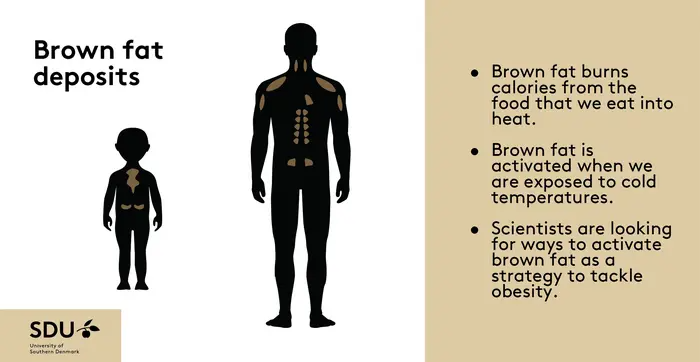It's well known that eating too much salt can be harmful. Despite that fact, many people choose to consume more of it than they need, and that to many in the health community means that something must be done population-wide to reduce salt intake. The latest effort comes from the European Society of Cardiology, who says that a new study in the New England Journal of Medicine illustrates the need for laws that restrict the salt content of processed foods.
Research has documented that most men become much more jealous about sexual infidelity than they do about emotional infidelity. Women are the opposite. The prevailing theory is that the difference has evolutionary origins: Men learned over eons to be hyper-vigilant about sex because they can never be absolutely certain they are the father of a child, while women are much more concerned about having a partner who is committed to raising a family.
Scientists from the Université de Montréal are developing a weight loss pill composed of leptin, the protein that regulates appetite in mammals. The researchers say that leptin may be a good weight loss pill because its levels decrease when we fast and rise when we eat, meaning that increasing them could reduce people's urge to continue eating. The protein has also been proven to suppress appetite when administered intravenously to pathologically obese people.
"Taken orally, such a pill would provide obese people with the sensation of being full. They would eat less and in turn lose weight," says Dr. Cammisotto, one of the researchers on the project.
Research conducted at the University of Chicago shows that female elementary school teachers who are anxious about math often pass the phobia on to female students. Published in a recent edition of PNAS, the findings are the product of a year-long study on 17 first- and second-grade teachers and 52 boys and 65 girls who were their students. The researchers found that boys' math performance was not related to their teacher's math anxiety while girls' math achievement was affected.
To determine the impact of teachers' mathematics anxiety on students, the team assessed teachers' anxiety about math. Then, at both the beginning and end of the school year, the research team also tested the students' level of mathematics achievement and the gender stereotypes the students held.
A comparison of two popular weight loss methods demonstrates that both are equally effective at helping people lose significant amounts of weight. But the low-carbohydrate diet proved better at lowering blood pressure than the weight-loss drug orlistat, according to a new study in the Archives of Internal Medicine.
Studies had already indicated that a low-carbohydrate diet and prescription-strength orlistat combined with a low-fat diet are effective weight loss therapies. But the two common strategies had not been compared to each other, an important omission now that orlistat is available over-the-counter. In addition, few studies provide data on these treatments for overweight patients with chronic health issues.
A new study conducted by University of Virginia psychologists suggests that well-adapted youth with positive friendships will use social networking sites like facebook and myspace to enhance the positive relationships they already have. The study also indicates, however, that teens who have behavioral problems and difficulty making friends, or who are depressed, may be more inclined to use social media in negative and sometimes aggressive ways, or not to use such sites at all.
The study appears in the January issue of Developmental Psychology.
 At 3 Cases In 6 Months, Monkeypox In The US Is Effectively Contained
At 3 Cases In 6 Months, Monkeypox In The US Is Effectively Contained Brown Fat’s “Off-Switch” Isn't A New Ozempic Diet Exploit
Brown Fat’s “Off-Switch” Isn't A New Ozempic Diet Exploit Opioid Addicts Are Less Likely To Use Legal Opioids At The End Of Their Lives
Opioid Addicts Are Less Likely To Use Legal Opioids At The End Of Their Lives More Like Lizards: Claim That T. Rex Was As Smart As Monkeys Refuted
More Like Lizards: Claim That T. Rex Was As Smart As Monkeys Refuted





